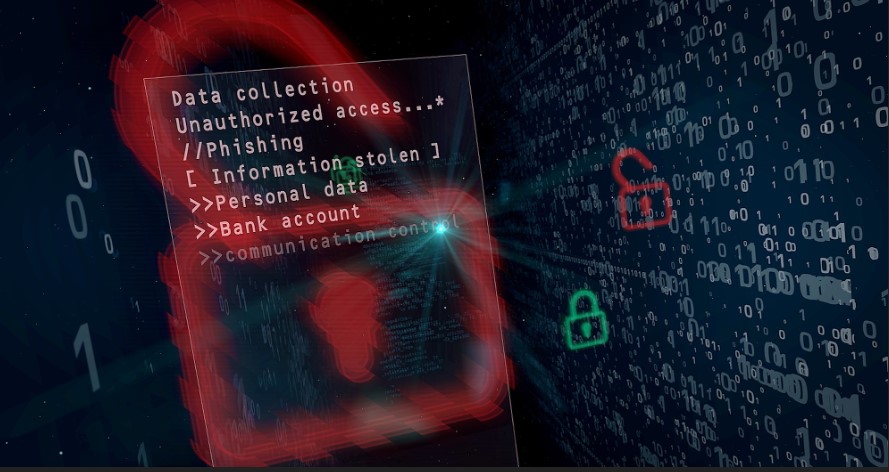Exposing the Cyber Risks Small Businesses Face
March 8, 2024

In the era of digital transformation, small businesses are leveraging technology to enhance their operations, connect with customers, and streamline processes. While this shift offers numerous benefits, it also exposes these enterprises to a myriad of cyber risks. Small businesses, often lacking the robust cybersecurity infrastructure of larger counterparts, find themselves vulnerable to various threats that can have devastating consequences. In this blog, we’ll explore the cybersecurity landscape for small businesses, shedding light on the risks they face and offering insights on how to navigate the digital frontier securely.
Weak Passwords: A Gateway for Intruders
Small businesses are frequently targeted due to weak password policies. Many employees still use easily guessable passwords or reuse them across multiple accounts, providing cybercriminals with an easy entry point. Implementing strong password policies, multi-factor authentication (MFA), and regular password updates can fortify a small business’s defenses against unauthorized access.
Ransomware: Holding Data Hostage
Ransomware attacks have become increasingly sophisticated, posing a significant threat to small businesses that often lack the resources for comprehensive cybersecurity measures. Cybercriminals encrypt critical data and demand a ransom for its release, crippling operations and potentially causing irreparable damage. Regular data backups, employee training, and robust endpoint security are essential defenses against ransomware attacks.

Phishing Attacks: The Silent Threat
Phishing attacks remain a pervasive and insidious threat to small businesses. Cybercriminals employ various tactics, such as email, social engineering, and malicious websites, to trick employees into divulging sensitive information. Small businesses must educate their staff about the signs of phishing attempts and implement robust email security measures to mitigate this ever-present risk.
Outdated Software: A Vulnerable Foundation
Failure to update software and systems regularly leaves small businesses exposed to known vulnerabilities. Cybercriminals often exploit outdated software to gain unauthorized access, install malware, or launch other malicious activities. Small businesses should establish a routine for updating software, implementing patches promptly, and investing in systems that facilitate automatic updates.
Inadequate Employee Training: Human Firewall Breaches
Employees, often unwittingly, become the weakest link in cybersecurity defenses. Inadequate training can lead to accidental data breaches, falling victim to phishing attacks, or unknowingly downloading malicious software. Regular cybersecurity training sessions can empower employees to recognize and respond to potential threats, transforming them into a resilient human firewall.

Supply Chain Vulnerabilities: An Extended Risk Landscape
Small businesses are not only vulnerable to direct attacks but also through their supply chains. Cybercriminals may target smaller suppliers to gain access to larger enterprises. Small businesses must assess and strengthen the cybersecurity measures of their supply chain partners, fostering a collective defense against cyber threats.
As small businesses embrace the digital age, understanding and mitigating cyber risks become paramount. The key lies in adopting a proactive approach to cybersecurity, combining robust technological solutions with employee education and a commitment to regular updates. By addressing the unique challenges they face head-on, small businesses can navigate the digital frontier securely, safeguarding their operations and ensuring a resilient future in an increasingly interconnected world.
Have Any Question?
Call or email Cocha. We can help with your cybersecurity needs!
- (281) 607-0616
- info@cochatechnology.com




